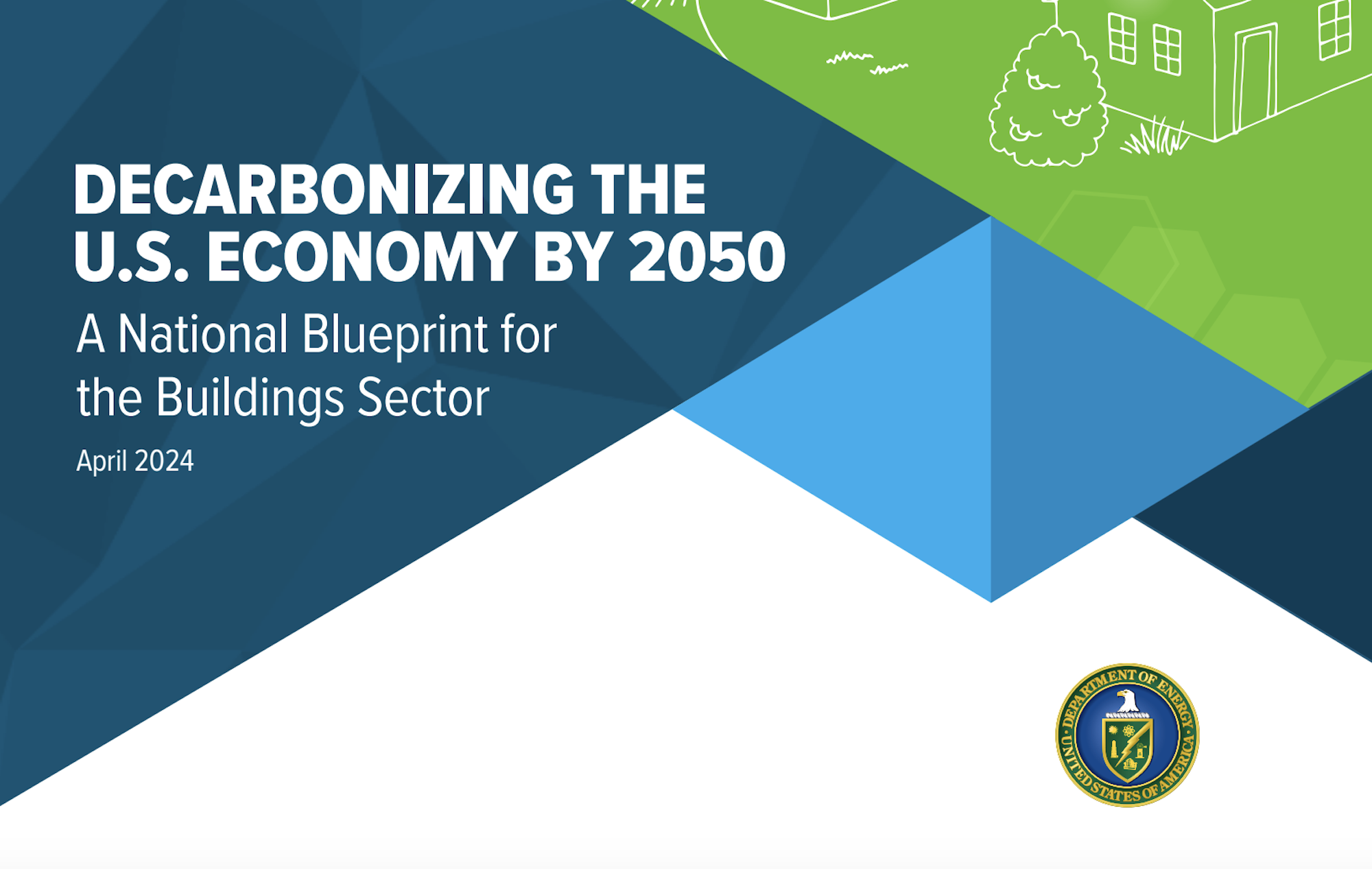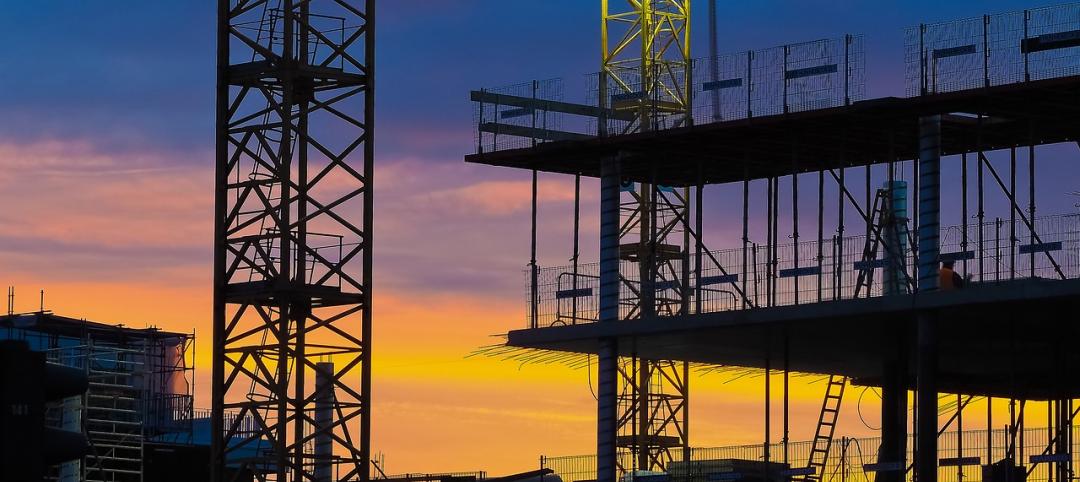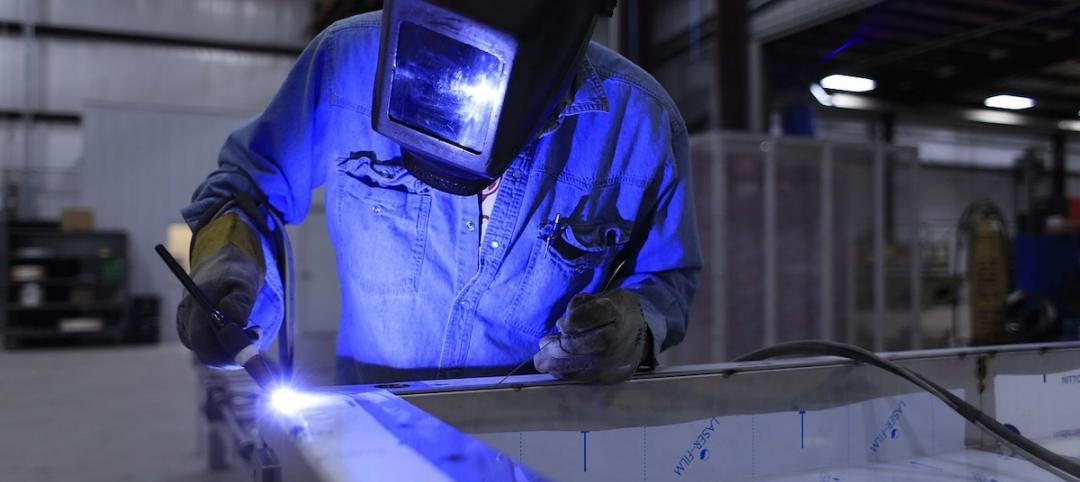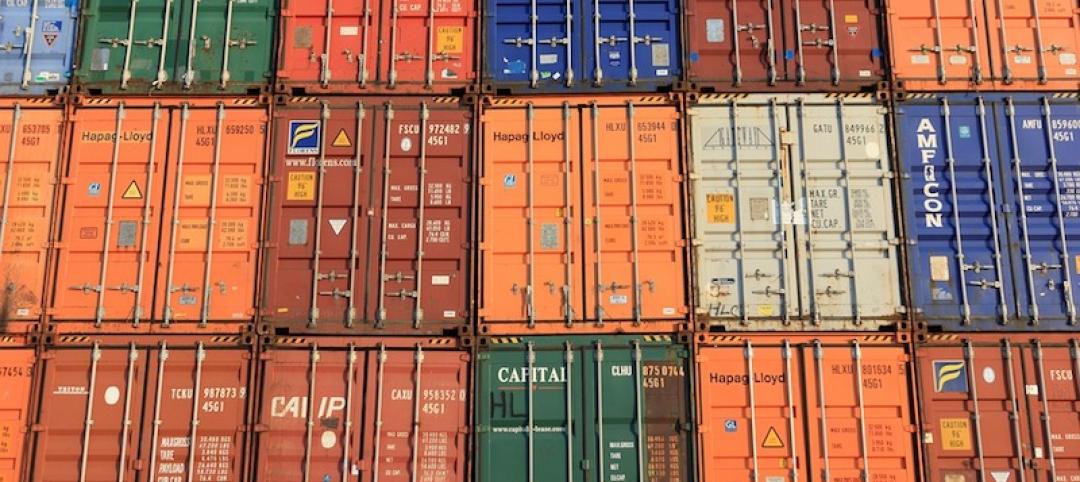The Biden Administration recently released “Decarbonizing the U.S. Economy by 2050: A National Blueprint for the Buildings Sector,” a comprehensive plan to reduce greenhouse-gas (GHG) emissions from buildings by 65% by 2035 and 90% by 2050.
The Blueprint is the first sector-wide strategy for building decarbonization developed by the federal government. It outlines ways to reduce energy in homes, schools, and workplaces.
To reach the emissions reduction targets for the buildings sector, the Blueprint sets four strategic objectives:
• Increasing building energy efficiency
• Accelerating onsite emissions reductions
• Transforming the interactions between buildings and the electricity grid
• Minimizing the emissions from producing, transporting, installing, and disposing of building materials
Each objective has specific performance targets and market, policy, and technology milestones to reach by 2035 and 2050. Meeting these targets will require accelerated deployment of a wide range of decarbonization and energy efficiency technologies. The Blueprint outlines coordinated federal actions that can increase the speed and scale of solutions deployments. Those actions include funding research and development to develop lower-cost technologies, expanding markets for low-carbon technologies, providing direct funding and financing, and supporting the development and implementation of emissions-reducing building codes and appliance standards.
The Department of Energy, a key player in the administration’s decarbonization drive, is focused on building innovations in three pivotal areas: building upgrades, efficient electrification, and smart controls.
Related Stories
Market Data | Apr 8, 2019
Engineering, construction spending to rise 3% in 2019: FMI outlook
Top-performing segments forecast in 2019 include transportation, public safety, and education.
Codes and Standards | Apr 5, 2019
Manhattan expected to adopt congestion pricing plan for automobiles
New York would be first U.S. city to charge drivers extra for downtown motoring.
Codes and Standards | Apr 4, 2019
Chicago makes major building code overhaul
Previous comprehensive changes were done 70 years ago.
Codes and Standards | Apr 3, 2019
Construction advanced materials makers can enhance industry efficiency with technology
Integration of new IT approaches in construction with new materials has potential to enhance sustainability, alleviate worker shortage.
Codes and Standards | Apr 2, 2019
Open offices reduce collaboration among employees
Counterintuitive finding makes value of wide open workspaces questionable.
Codes and Standards | Mar 29, 2019
New timber traceability LEED credit released
Pilot credit aims to reduce use of illegal wood in buildings.
Codes and Standards | Mar 28, 2019
Swinerton forms new mass timber business group
Will pursue new projects being developed with mass timber.
Codes and Standards | Mar 27, 2019
Shortage of skilled construction workers resulting in missed deadlines
Some 40% of contractors have turned down project offers.
Codes and Standards | Mar 25, 2019
ICC release 2019 guidelines for safe use of repurposed shipping containers
Provides in-depth, technical overview on how to design, review, and approve shipping containers as building elements.
Codes and Standards | Mar 22, 2019
Tool helps cities develop framework for life-cycle energy policies and track progress
Identifies policies, funding sources to address building energy use.

















